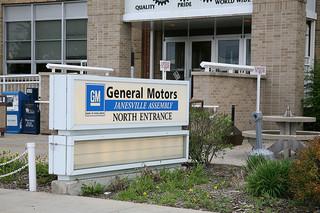Automotive Industry Holds Its Breath While Suppliers Try to Meet Demands

During the severe economic recession, which began in 2009 and is only lessening its grip on the world very recently, suppliers in the automotive parts industry consolidated their operations, closed manufacturing facilities, and laid off workers. In all, they reduced capacity by about 30 percent. Now, the auto industry is experiencing an unprecedented boom in sales, and these suppliers are struggling to meet demands. The situation is already causing delays in new vehicle launches.
The Lincoln MKZ launch ended with delivery delays lasting months due to parts shortages and quality issues which arose from suppliers attempting to rush delivery. Already, the new Jeep Cherokee launch has been delayed by one month due to a lack of suppliers being able to issue parts. According to an article by USA Today, this may be just the beginning.
This year, automotive sales in the U.S. are expected to surpass 15 million units, and global sales are expected to top 85 million units. This is good news for the economy, assuming the auto industry can keep pace and make those deliveries. By 2016, 500 new vehicles are planned for launch, and for some suppliers this means ramping up for a 22 percent increase in production.
The suppliers are reluctant to invest these profits back into new manufacturing facilities and new employees to meet demand. After drastic cutbacks during the recession, they’ve enjoyed the transition from barley breaking even to actually making a profit. They’d like to keep the money instead of turning it back into production in such a shaky industry, and shaky market.
According to Joe Hinrichs, Ford’s president of the Americas, this is a time for suppliers to learn to be more competitive and manage costs. Analysts suggest part of the solution lies with the automakers, which are advised to cut poorly performing product lines to lessen demand on parts suppliers.






